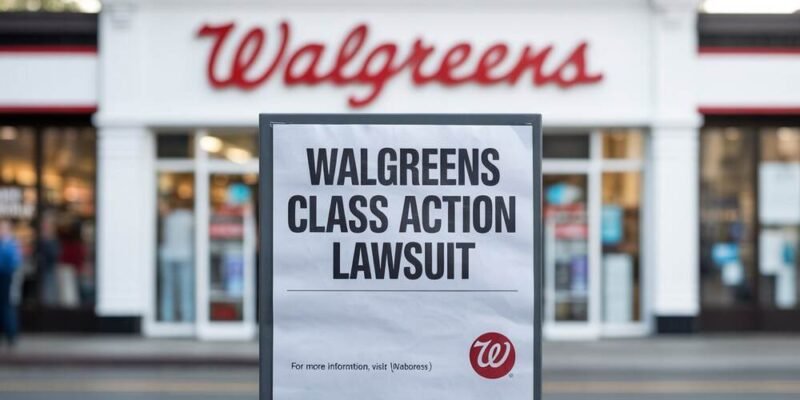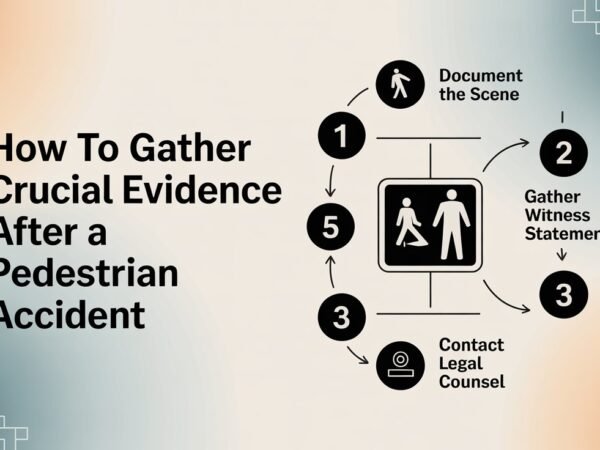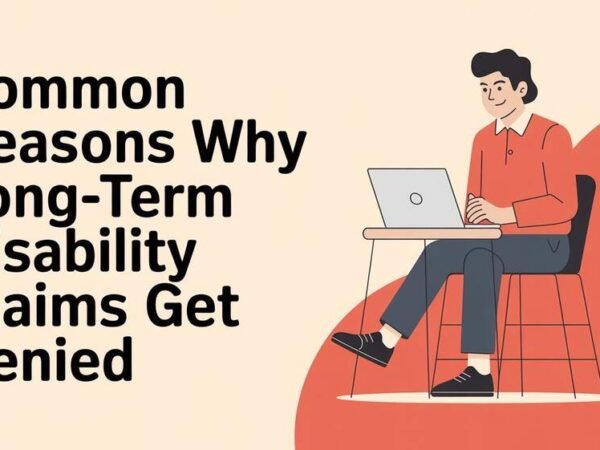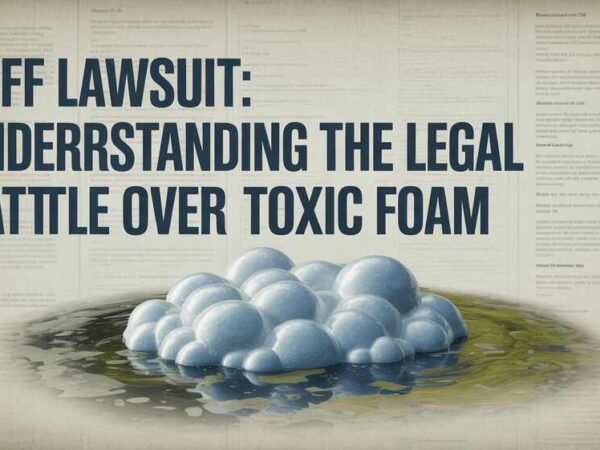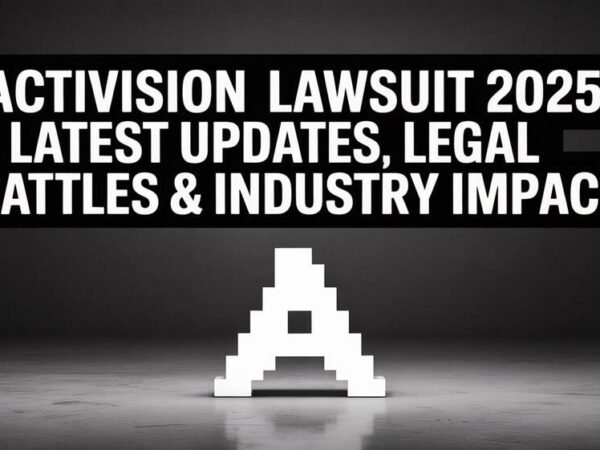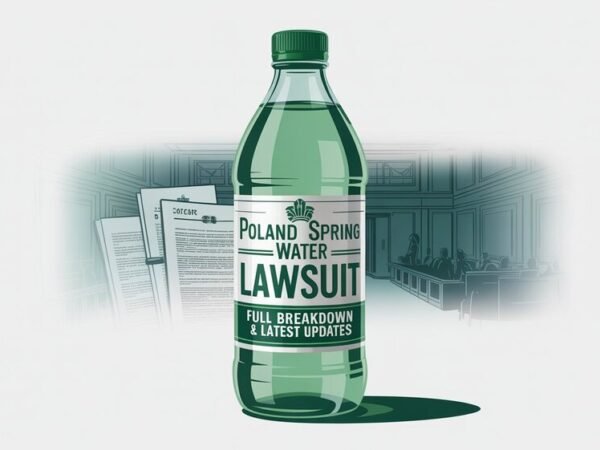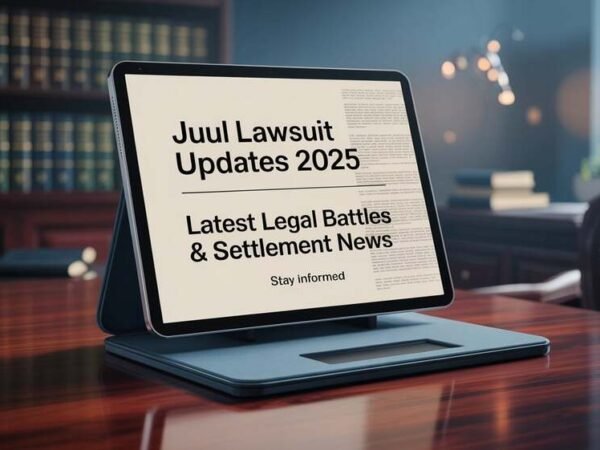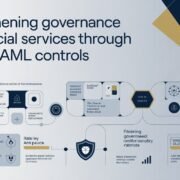Introduction
In recent years, the pharmaceutical giant Walgreens has found itself at the center of several major class action lawsuits. These legal battles, involving issues ranging from prescription overcharges to opioid distribution and labor law violations, have not only drawn national attention but also raised important questions about corporate accountability. For everyday consumers, employees, and healthcare providers, understanding these lawsuits is essential, as they may be directly eligible for financial compensation. The 2025 Walgreens class action lawsuit cases highlight systemic concerns in healthcare pricing, ethical pharmaceutical practices, and employee rights—making this an issue with both financial and moral implications.
Walgreens Prescription Overcharge Settlement – $100 Million Payout
One of the most notable class action lawsuits against Walgreens involves allegations that the company overcharged customers by misrepresenting the prices of its Prescription Savings Club (PSC). Plaintiffs claimed that Walgreens inflated its “usual and customary” drug prices when billing insurance companies, which effectively caused insured customers to pay more than uninsured individuals using the PSC discount. This deceptive pricing strategy affected potentially millions of consumers and third-party payors.
To resolve the allegations, Walgreens agreed to a $100 million settlement. Those eligible to file a claim include individuals and entities who purchased generic prescription drugs through insurance between January 1, 2007, and November 18, 2024. The distribution formula allocates 80% of the fund to third-party payors and 20% to individual consumers. Claimants must submit necessary documentation by June 16, 2025, although an initial deadline of April 17, 2025, had been set. A final approval hearing is scheduled for September 10, 2025.
This case not only impacts insured consumers but also highlights how a lack of pricing transparency in the pharmaceutical industry can lead to unfair practices. The class action provides an opportunity for affected individuals to be compensated while also sending a message that such deceptive billing will not be tolerated.
Walgreens Opioid Litigation Settlement – $350 Million Nationwide Deal
Another major Walgreens class action lawsuit centers around the nationwide opioid epidemic. Walgreens, alongside other major pharmaceutical retailers, has been accused of filling millions of inappropriate opioid prescriptions and failing to implement safeguards that could have prevented abuse. The U.S. Department of Justice alleged that these failures contributed significantly to the opioid crisis, affecting countless families and communities.
In response to these allegations, Walgreens has agreed to a staggering $350 million settlement. The terms include a $300 million upfront payment and a conditional additional $50 million if Walgreens undergoes a merger or acquisition by 2032. The company has also committed to enhancing its internal compliance systems, including providing pharmacists with improved training and implementing more robust prescription oversight.
This case represents more than just a financial penalty; it marks a turning point in how pharmacies will be held accountable for their role in public health crises. For those impacted by opioid addiction or who have lost loved ones due to overprescription, the settlement offers some measure of justice, albeit symbolic in many cases.
Wage and Hour Violation Lawsuit – California Pharmacy Technicians
Walgreens is also facing legal action on the employment front. A class action lawsuit filed in California alleges that the company violated labor laws by failing to compensate non-exempt pharmacy technicians for all hours worked adequately. The accusations include unpaid overtime, missed meal breaks, and failure to provide accurate wage statements.
To settle the claims, Walgreens has agreed to pay $6.8 million. Eligible employees include pharmacy technicians who worked in California between April 15, 2020, and April 20, 2024. Unlike other settlements, no claim form is required for this one; payments will be calculated based on the number of weeks an employee worked during the class period. The opt-out deadline is June 26, 2025, with the final approval hearing slated for August 26, 2025.
This labor lawsuit highlights the importance of fair workplace practices, especially in high-pressure environments such as pharmacies. For current and former employees, this settlement represents not only financial restitution but also validation of their rights in the workplace.
Secondary Lawsuits and Settlements to Know
In addition to the primary cases, Walgreens is entangled in several other lawsuits that consumers should be aware of. One such case involves Similasan Eye Drops, a product sold at Walgreens stores. The $3.6 million settlement addresses claims that the product’s labeling misled consumers by suggesting it was a medically proven remedy despite being a homeopathic solution.
Another ongoing case is a wrongful death lawsuit involving the price hike of a commonly used asthma inhaler. The price of the medication allegedly jumped from $66 to over $500 in a short span, making it unaffordable for some patients. Walgreens, along with pharmacy benefits manager OptumRx, is named in the suit, which seeks to hold both companies accountable for putting profits over patient well-being.
These secondary cases, while smaller in scale, highlight ongoing concerns about transparency, accessibility, and fairness in the pharmaceutical industry.
Step-by-Step Claim Filing Instructions
Filing a claim in a Walgreens class action lawsuit requires attention to detail and strict adherence to deadlines. Here are the general steps to follow:
- Determine Eligibility: Review the eligibility requirements for each settlement. Most class actions have a defined period during which you must have been affected.
- Gather Documentation: Depending on the case, you may need proof of prescription purchases, employment records, or billing statements.
- Submit Your Claim: Visit the official settlement website or mail your claim to the address provided. Some cases offer online claim submission, while others require physical documentation.
- Stay Updated: After submission, keep a copy of your confirmation and tracking updates through the settlement administrator’s site.
Avoid scams by only using official websites and never paying to file a claim. All legitimate class action settlements are free to join.
What Happens After You File?
Once you submit your claim, it goes through a verification process. This ensures that only legitimate claims are paid. Processing times vary, but most claims are reviewed within a few months of the final approval hearing. If your claim is accepted, you will receive payment either by check or direct deposit, depending on the settlement’s terms.
If your claim is denied, you typically have the right to appeal, although specific processes vary by case. It is essential to read the settlement notice carefully to understand your rights and options.
Frequently Asked Questions (FAQ)
Can I join more than one settlement?
Yes, if you meet the eligibility requirements for multiple Walgreens class action lawsuits, you can file claims for each one.
What if I don’t have receipts or documentation?
Some settlements may allow claims without detailed documentation, especially if the transaction can be verified through other means. However, submitting proof increases your chances of approval.
How do I track my claim?
Visit the settlement administrator’s official website, where you can enter your claim number or contact support for updates.
Do I need an attorney?
Most class action claims do not require legal representation. The attorneys involved in the class action represent all class members, and legal fees are usually paid from the settlement fund.
Conclusion
The 2025 Walgreens class action lawsuit cases reflect a broader reckoning with corporate behavior in the pharmaceutical and retail pharmacy industries. Whether you’re a consumer overcharged for prescriptions, a former employee denied fair wages, or someone impacted by the opioid crisis, these settlements offer a chance for restitution and systemic change. With deadlines approaching and eligibility windows closing, now is the time to act. Stay informed, gather your documentation, and ensure you receive any compensation you may be entitled to. For ongoing updates, always refer to the official settlement sites and trusted legal news sources.
Do Read: Momentum Solar Lawsuit – What You Need to Know in 2025


